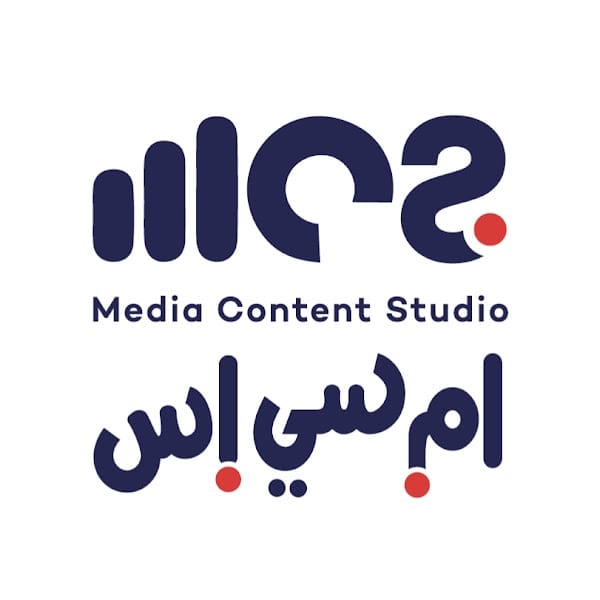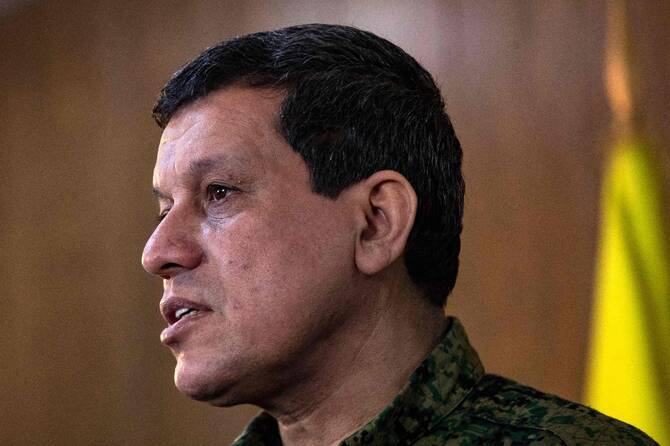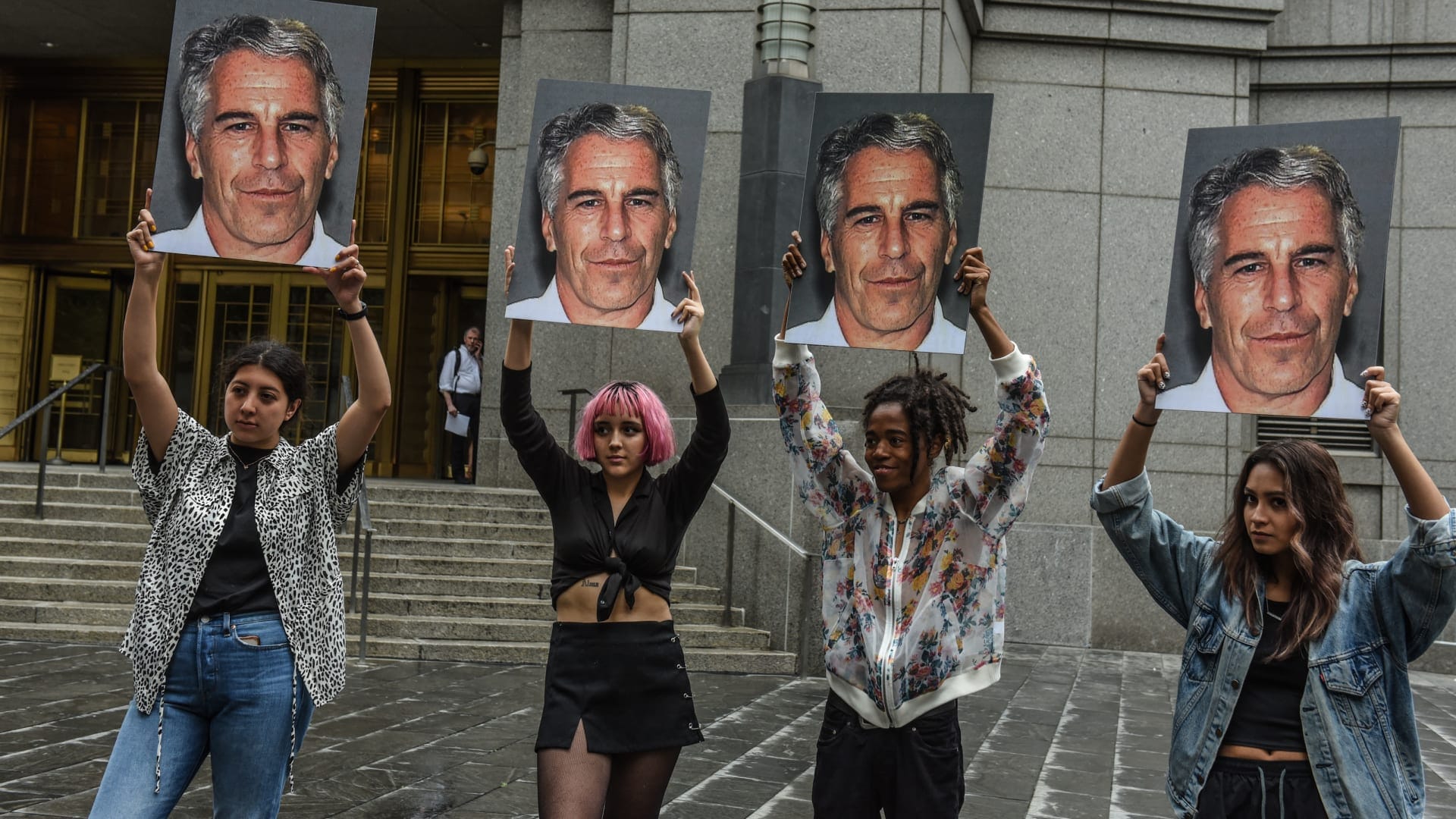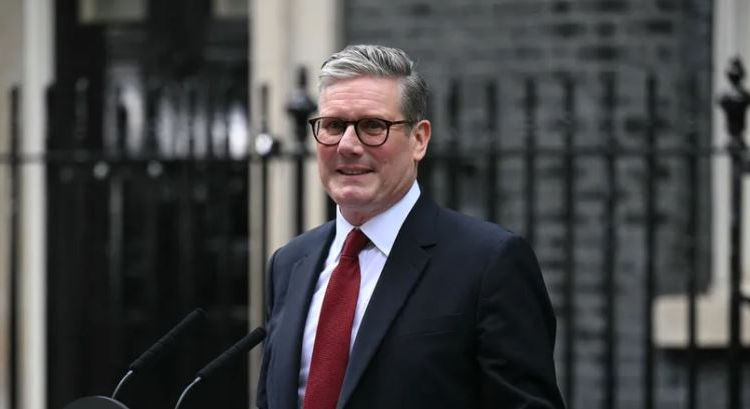Iran News: IRGC Media Reveals Deep Regime Fear of PMOI’s Growing Power at Home and Abroad
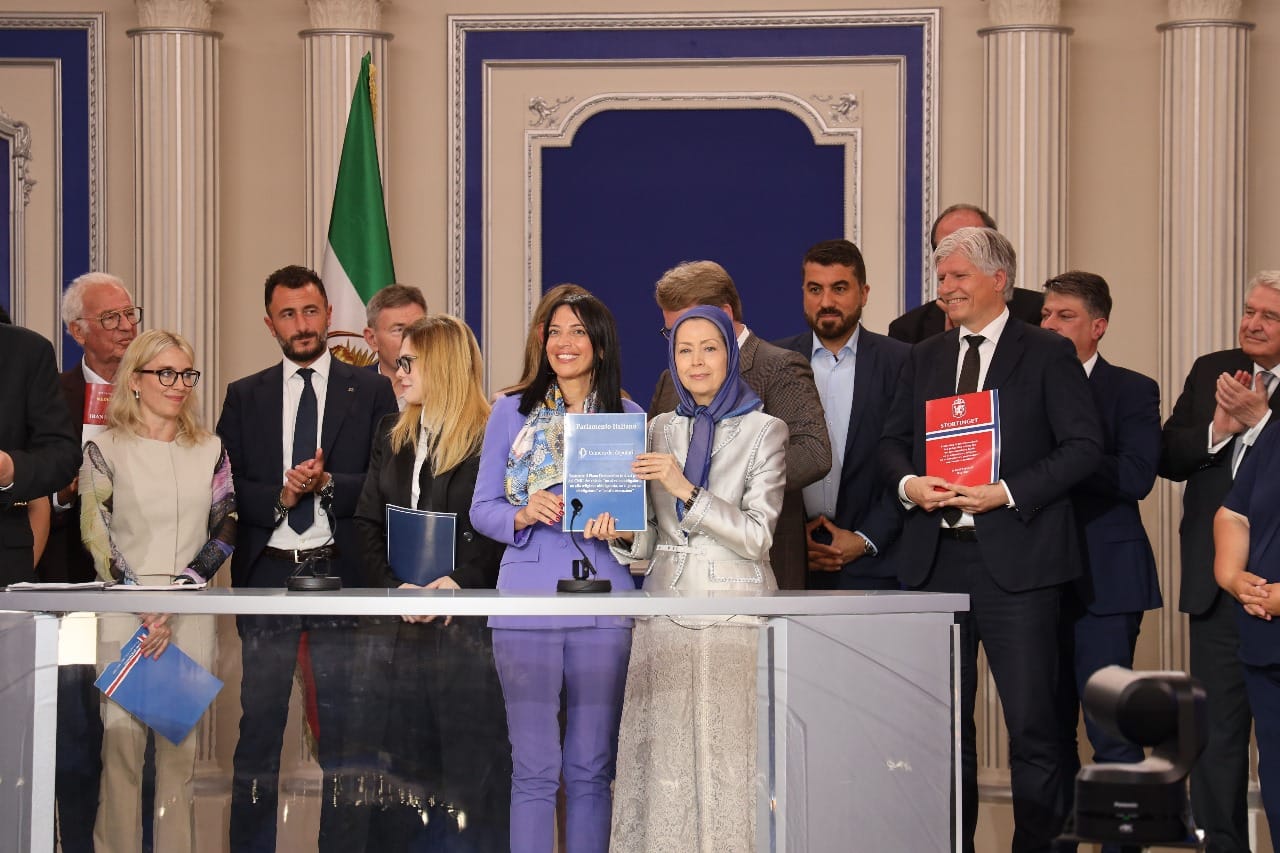
In an unusually revealing article published May 29, the Islamic Revolutionary Guard Corps (IRGC) media outlet Javan Online offered a window into the regime’s deepening anxiety over the People’s Mojahedin Organization of Iran (PMOI/MEK), highlighting both its domestic presence and expanding international influence. While the headline attempts to portray the PMOI as a proxy for U.S. interests, the article itself unintentionally documents the regime’s fear of a well-organized, independent opposition movement with the potential to help spark widespread uprising.
The IRGC outlet warns explicitly of the PMOI’s capacity to incite and sustain unrest inside Iran: “One of the actions of the [PMOI] inside the country has been the creation of unrest and internal violence, along with material and moral support for continued tensions and turmoil.”
The article describes the group as orchestrating multi-stage protest strategies, allegedly attempting to escalate local grievances into national movements: “As an example, [the PMOI], through a multi-stage scheme, is trying to turn truck drivers’ protests into a platform to confront the regime and to expand them to society at large to finalize the chaos project.”
This admission underscores what the regime fears most: that a domestic resistance network is capable of uniting disparate economic and social frustrations into organized political action.
The IRGC-linked outlet further claims: “Evidence shows this group is once again trying to agitate public opinion and create unrest in society.”
It warns that any deadlock in the nuclear negotiations with the U.S. could create the conditions for renewed dissent: “Any deadlock in the negotiations can cause public anxiety… In such a situation, the dissemination of fake and provocative news can provoke public opinion and push society toward new sedition.”
Although the regime tries to discredit the PMOI by painting it as part of a “joint operation” with the U.S.—a standard tactic aimed at undermining the group’s independence—its own admissions tell a different story. The repeated, urgent tone reflects a regime that views the PMOI as a real and rising threat, particularly because of its organized structure, strategic planning, and capacity to tap into domestic unrest.
Beyond Iran’s borders, the regime’s mouthpiece also highlights the PMOI’s growing international legitimacy, lamenting: “[The PMOI] has managed to establish a group called ‘Friends of a Free Iran’ in the European Parliament and several national parliaments.”
It acknowledges the PMOI’s deep bipartisan connections in the United States: “[The group] has special ties with U.S. senators and Republican and Democratic officials.”
And it names top-level American figures who have participated in the PMOI’s gatherings: “Officials of the White House have attended the annual meetings of the [PMOI] in recent years… Mike Pompeo, Mike Pence, and John Bolton among them.”
“The current U.S. government also emphasized its hostile policy toward Iran by sending its representative, Keith Kellogg, to the PMOI’s January meeting.”
These acknowledgments are not minor details—they represent the regime’s recognition that its principal opposition has both deep roots within Iran and active backing among democratic institutions in the West.
The article even points to the PMOI’s role in shaping public opinion and media narratives: “Coordinated media chaos about economic disaster in the absence of a deal with the U.S.… can provoke public anxiety and push society toward sedition.”
The IRGC fears that the PMOI is not merely waiting to react to unrest—but has the infrastructure to initiate and expand it, precisely when the regime is most vulnerable.
Debunking propaganda against People's Mojahedin Organization of Iran (PMOI/MEK)
Despite the usual barrage of insults—calling the PMOI a “despised group” and reviving old propaganda about foreign ties—the content of the IRGC outlet makes one thing abundantly clear: the PMOI is not being dismissed or ignored. It is being watched, named, and blamed—because the regime sees it as a genuine, organized, and persistent force for change.
The volume and intensity of the accusations do not reflect strength. They reflect fear. And not of propaganda—but of a resistance the regime cannot silence.

